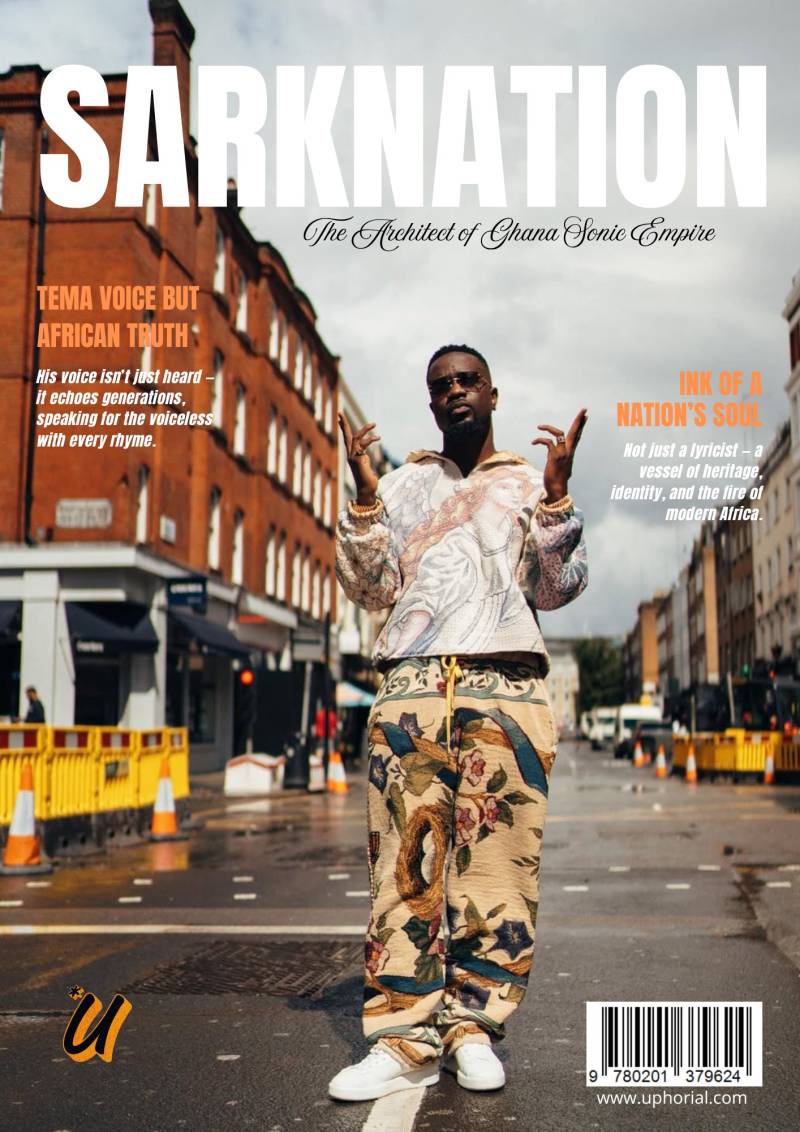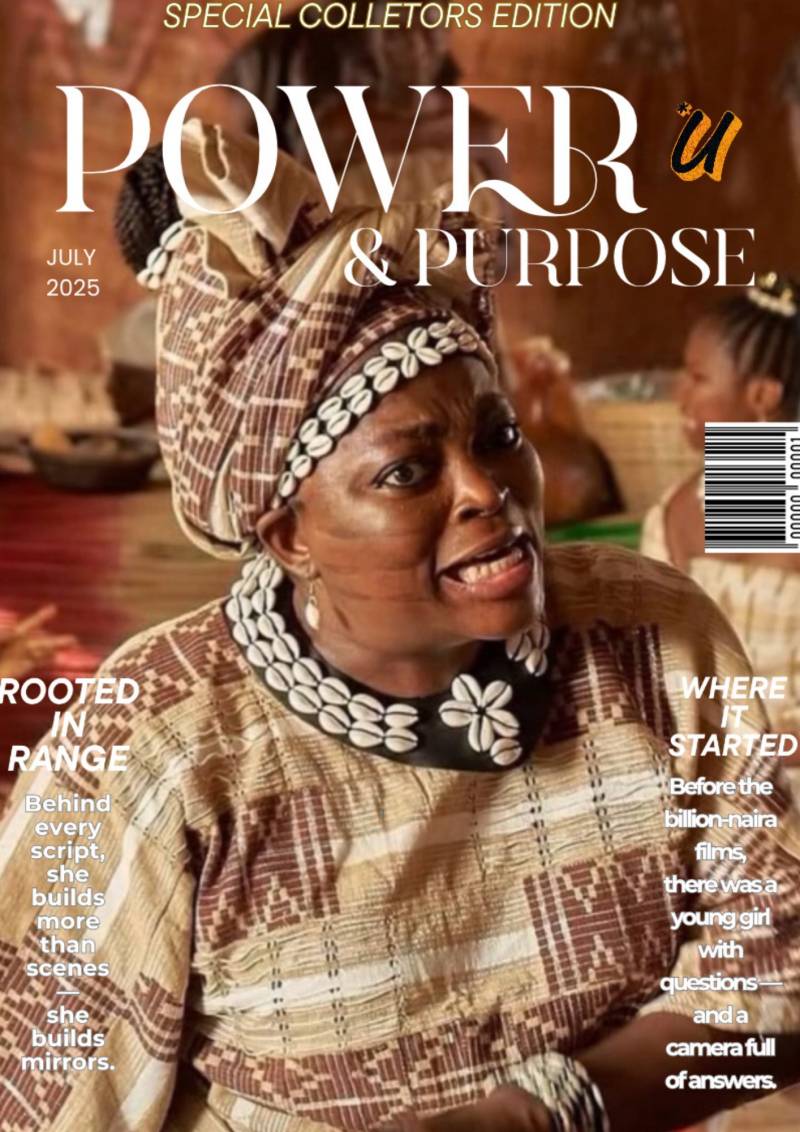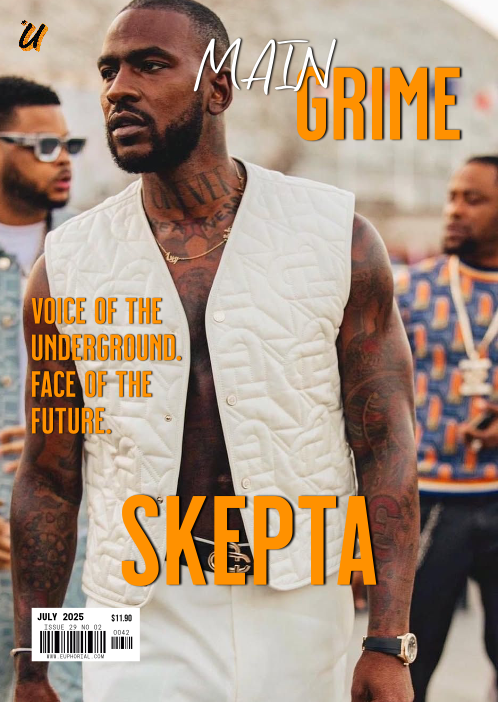In the silence of grief, a man finds purpose. In the shadow of justice denied, he finds rage. “The Black Book” isn’t just a movie—it’s a reckoning. Richard Mofe-Damijo doesn’t walk into this film with a cape or catchphrase. He arrives with eyes heavy from memory, a body built from years of service, and a heart cracked open by loss. In The Black Book, he doesn’t try to be Nigeria’s answer to John Wick—but he becomes something more. Not more bullets, not more blood, but more human. Here, the vigilante is not a ghost from the underworld. He is a man trying to outrun the ghost in himself.
The story begins where it hurts most: the loss of a son, gunned down by a corrupt system. We’ve heard this plot before, but we haven’t felt it this way. Nigeria, rich in culture and trauma, offers a unique soil for stories like this to grow. Where corruption is institutional, and silence is the native language of power, vengeance becomes a form of testimony. And Paul Edima, the quiet father turned reluctant avenger, becomes the most compelling witness.
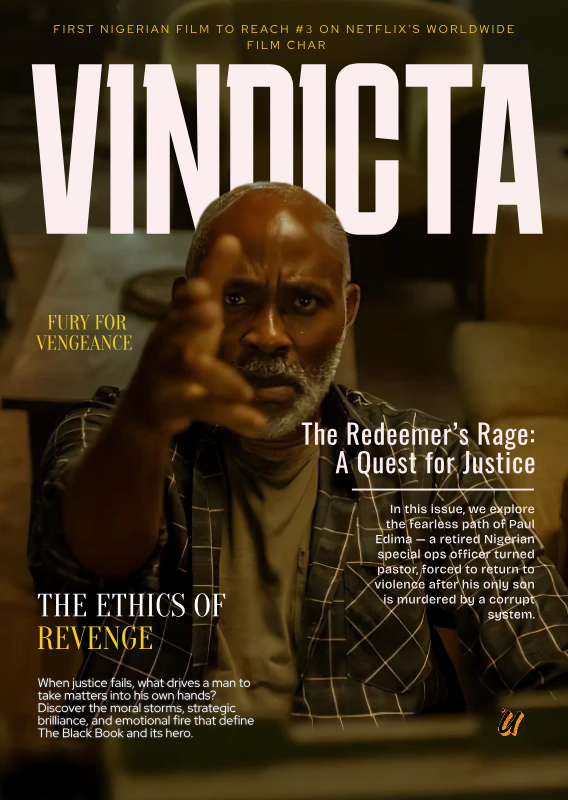
"INTERESTED IN THE HARDCOPY OF THE MAGAZINE - WhatsApp 346-200-7279 TEXT ONLY"
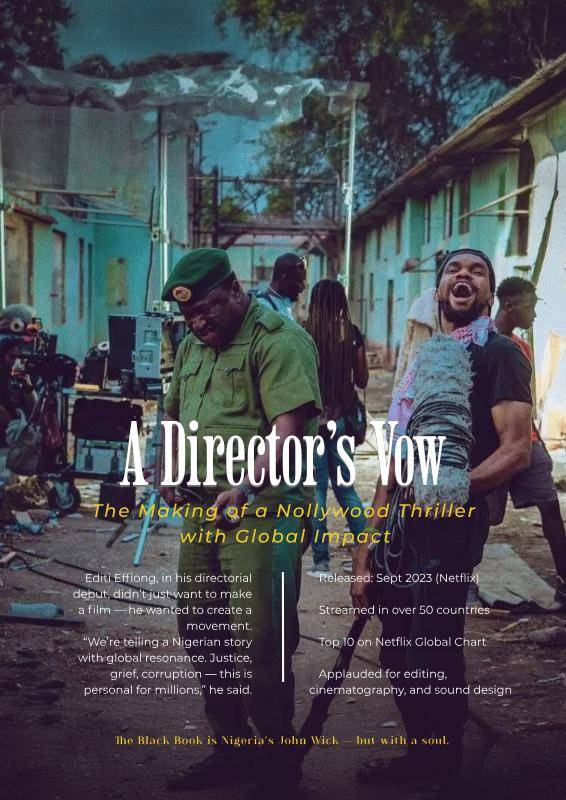
Related article - Uphorial Sweatshirt
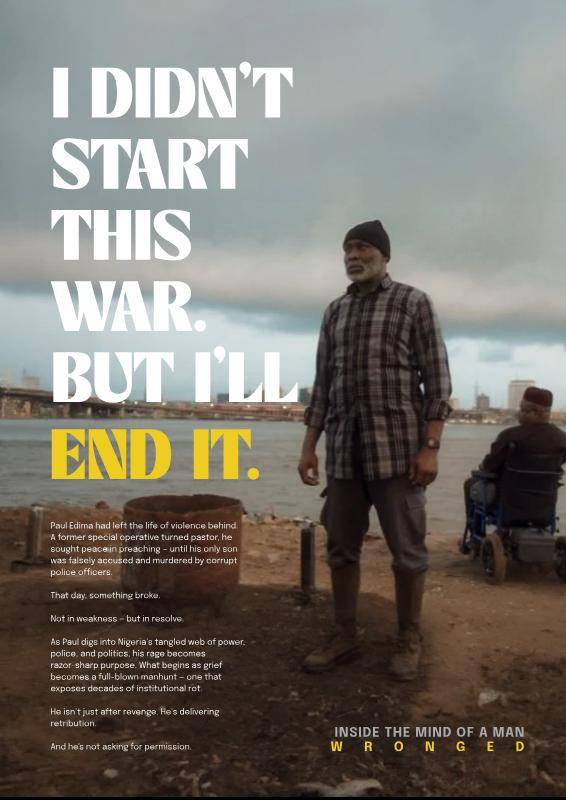
This is not about revenge. It’s about remembrance. About a father’s grief weaponized against the rot that claimed his son. But to understand the fire that burns in The Black Book, you have to look beyond its action sequences and gripping cinematography. You have to understand who Paul Edima once was. A former hitman for the government. A man who once traded in blood for order. A man who believed in a system until that system murdered his future. His past isn’t baggage—it’s a blueprint. Every skill he uses, every bullet he fires, is a reminder of who he used to be and who he tried so hard to never become again. But when a man buries his peace with his child, what remains is war.
And yet, there’s something tender about this brutality. The Black Book doesn’t glamorize violence—it mourns it. It doesn’t shout—it aches. The gunshots are loud, yes, but the pauses are louder. You see it in Edima’s eyes, in the way he clutches his son’s photo, in the weariness of a man who has nothing left to lose and yet, somehow, everything to protect. It’s this duality that makes The Black Book more than just Nigeria’s action flick of the year. It’s what elevates it from local entertainment to global storytelling. It speaks to anyone who’s ever been betrayed by justice. Anyone who has tried to make peace with a system that only knows how to take.
The film is also a powerful metaphor for the nation itself. Nigeria, much like Edima, is a land with a complicated past—once full of promise, now trapped in a cycle of redemption and relapse. The corrupt elite who cover their tracks in fire are not fictional—they are reflections. The fight isn’t fantasy—it’s daily life. But within this darkness, the story dares to suggest that even killers can seek atonement, even silence can scream truth, and even broken men can still stand tall. That’s the genius of The Black Book. It makes you care before it makes you cheer. It doesn’t just show you a man with a gun—it shows you the reason he picks it up again. And in doing so, it gives us something that many films forget to offer: emotional stakes. You don’t just want him to win. You want him to heal. Ultimately, The Black Book isn’t just a cinematic triumph—it’s a spiritual one. It shows that justice may be blind, but grief can see everything. It reminds us that even in a nation plagued by betrayal, one man’s truth can still light a match. And sometimes, that’s all it takes to set the whole system ablaze.
